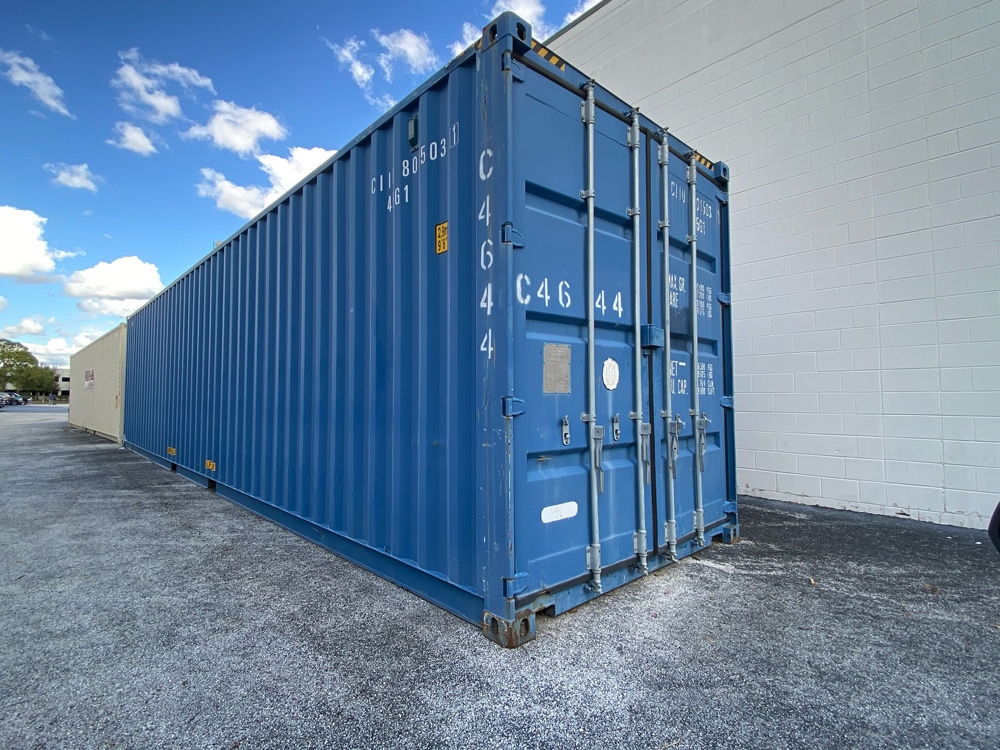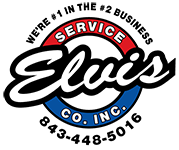
20 Jun The Ultimate Guide to Conex Box & Container Rentals: Solutions for Every Need
When the need for secure, durable, and versatile storage or transportation arises, the terms “conex box” and “container” often come to mind. These robust steel structures have revolutionized global shipping and have since found a myriad of applications beyond their initial purpose. Whether you’re a business owner seeking extra inventory space, a homeowner tackling a renovation, or an event organizer requiring temporary storage, understanding the world of conex box rental and container options can unlock efficient and cost-effective solutions. This ultimate guide will delve into what these containers are, their diverse uses, the compelling benefits of renting, and the various sizes and features available to meet your unique requirements for portable storage solutions.
Demystifying the Terms: What Exactly Are Conex Boxes and Containers?
At their core, conex boxes, short for “Container Express,” and general shipping containers are essentially the same thing. They are standardized, intermodal freight containers built to withstand the rigors of international shipping via sea, rail, and road. Constructed from heavy-duty steel, these rectangular boxes are incredibly durable, weather-resistant, and secure. The standardization in size (primarily 20-foot and 40-foot lengths) allows for seamless transfer between different modes of transport, a key factor in global logistics. While “conex box” is a more colloquial term, particularly popular in North America, “shipping container” is a universally understood term for these versatile structures. Similarly, when the primary need is for keeping items safe and dry, the term “storage container rental” is frequently used.
A Versatile Workhorse: Exploring the Diverse Uses of Container Rentals
The inherent strength, security, and portability of these containers have led to their adoption across a vast array of industries and for numerous personal uses. When considering a conex container rental or exploring other container options, it’s helpful to understand the breadth of their applicability:
- Business and Commercial Storage: This is one of the most common applications for storage container rental. Businesses utilize them for storing excess inventory, seasonal decorations, tools and equipment, documents, retail overflow, and even as temporary warehousing solutions during peak seasons or renovations.
- Construction Sites: Conex box rental is indispensable for construction projects. Containers serve as secure storage for tools, equipment, building materials, and even as temporary site offices, break rooms, or first-aid stations. Their robust nature protects valuable assets from theft and the elements.
- Retail and Pop-Up Shops: Increasingly, businesses are repurposing shipping containers into unique retail spaces, pop-up shops, or mobile storefronts. Their industrial aesthetic can be appealing, and their portability offers flexibility for temporary locations or events.
- Agricultural Storage: Farmers and agricultural businesses rely on storage container rental for securely storing seeds, fertilizers, tools, and harvested goods, protecting them from pests and weather.
- Residential Storage: Homeowners find portable storage solutions invaluable for various needs, including storing furniture and belongings during home renovations, decluttering projects, or when moving. They offer a secure and weatherproof alternative to traditional self-storage units, often with the convenience of on-site access.
- Event Management: Event organizers utilize conex container rental for storing equipment, staging materials, vendor supplies, and even as temporary ticket booths or merchandise stands at festivals, concerts, and other large gatherings.
- Emergency and Disaster Relief: Shipping containers play a critical role in disaster response, serving as temporary shelters, medical clinics, storage for supplies, and command centers.
- Educational and Institutional Use: Schools and institutions use them for storing sports equipment, maintenance supplies, and temporary classroom space.
The Smart Choice: Highlighting the Benefits of Renting Containers
While purchasing a shipping container is an option, conex box rental and shipping container rental offer several compelling advantages, particularly for short-term or fluctuating needs:
- Cost-Effectiveness: Renting eliminates the significant upfront investment of purchasing a container. You only pay for the duration you need it, making it a budget-friendly solution for temporary requirements.
- Flexibility and Scalability: Rental allows you to easily adjust the number and size of containers you need as your storage or project requirements change. You’re not locked into owning a container that might become too small or too large.
- No Long-Term Commitment: Renting provides flexibility without the long-term commitment and responsibility of ownership, including maintenance, potential resale, and storage when not in use.
- Variety of Options: Rental companies often offer a range of container types, sizes, and features to suit specific needs, ensuring you get the right solution for your application.
- Simplified Logistics: Rental companies typically handle the delivery and pick-up of the containers, saving you the hassle and cost of arranging transportation.
- Reduced Maintenance Burden: As the renter, you are generally not responsible for major maintenance or repairs to the container.
One Size Doesn’t Fit All: Exploring Different Sizes and Features
When considering a conex container rental or other portable storage solutions, understanding the available sizes and features is crucial for selecting the right option:
- Standard Sizes: The most common rental sizes are 20-foot and 40-foot long containers.
- 20-Foot Containers: Offer approximately 160 square feet of floor space and are ideal for smaller storage needs, residential use, or tight spaces.
- 40-Foot Containers: Provide roughly 320 square feet of floor space and are better suited for larger storage volumes, commercial use, or when more space is required.
- High Cube Containers: These containers are similar in length to standard units but offer an additional foot of height, providing more vertical storage space.
- Specialty Containers: Depending on your needs, you might find specialized containers available for rent, such as refrigerated containers (reefers) for temperature-sensitive goods, open-top containers for oversized items, or containers with side doors for easier access.
- Features to Consider:
- Security: Look for containers with secure locking mechanisms and consider adding your own padlock for enhanced protection.
- Ventilation: Ventilation helps prevent moisture buildup and condensation inside the container, which can be important for certain stored items.
- Doors: Standard containers have cargo doors at one end. Consider your access needs and if side doors might be beneficial.
- Flooring: Most containers have sturdy wooden floors. Ensure they are in good condition.
- Modifications: Some rental companies offer modified containers with features like insulation, lighting, or electrical outlets, particularly useful for office or workspace applications.
Finding Your Ideal Portable Storage Solutions
Choosing the right conex box rental or shipping container rental involves assessing your specific needs, considering the volume and type of items you need to store, the duration of your rental, and your budget. By understanding the different types of containers, the benefits of renting, and the available sizes and features, you can make an informed decision and secure a portable storage solution that perfectly fits your requirements. Whether it’s for temporary storage, a construction project, or a unique business venture, the versatility and reliability of container rentals make them an invaluable asset across countless applications.


Sorry, the comment form is closed at this time.